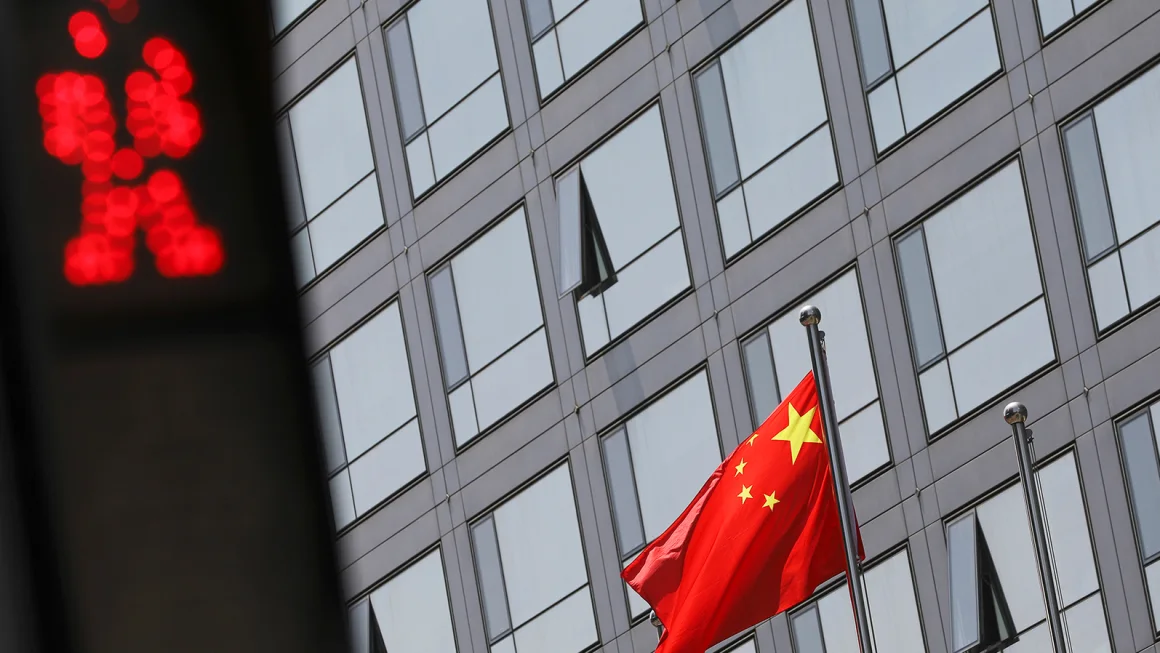In February, China’s stock market witnessed a significant reduction in short positions, with a decrease of a third to the lowest point in over three years. This change comes as a direct response to regulatory efforts aimed at reducing speculative trading and enhancing investor confidence. The CSI300 Index, which tracks the blue chips in China, experienced a nearly 14% rebound from its five-year low last month, signaling a reduction in selling pressure thanks to government intervention, despite ongoing concerns over economic stability.
The total value of shares borrowed for short selling dropped to 43.5 billion yuan ($6.04 billion) by February’s end, marking a significant decrease from January and hitting the lowest since July 2020, as reported by China Securities Finance Corp. This organization provides margin financing services in China’s market, although it’s worth noting that this data does not include short positions held through derivatives or stock futures.
In efforts to rejuvenate the stock market, the China Securities Regulatory Commission (CSRC) implemented several measures last month, including halting the practice of brokers lending shares to short sellers and prohibiting the short selling of stocks purchased on the same day. The CSRC aims to level the playing field in a market predominantly influenced by retail investors.
Following the regulator’s guidelines, major brokerages like CITIC securities, GF Securities, and China Securities have announced limitations on short-selling activities. However, these restrictions have raised concerns among fund managers. Wei Mingsan, of Zhejiang DeepWin Asset Management Co, highlighted the challenges in executing intraday trading strategies, commonly referred to as ‘T+0’.
The restrictions have been criticized by fund managers, with Yuan Yuwei of Water Wisdom Asset Management pointing out the difficulties in executing equity long-short strategies. This approach involves buying stocks expected to perform well while shorting those anticipated to underperform. Yuan argued that short selling plays a crucial role in value investment and that its absence could lead to increased market volatility. He advocated for targeting market manipulators rather than restricting short sellers.
The ongoing debate underscores the delicate balance Chinese regulators must maintain between ensuring market efficiency and fairness while tightening oversight on short selling, leveraged trades, and high-frequency trading. Kher Sheng Lee, Asia-Pacific co-head of AIMA, emphasized the importance of regulatory vigilance in maintaining market stability but also noted the necessity of finding an equilibrium between regulation and the principles of free markets.










